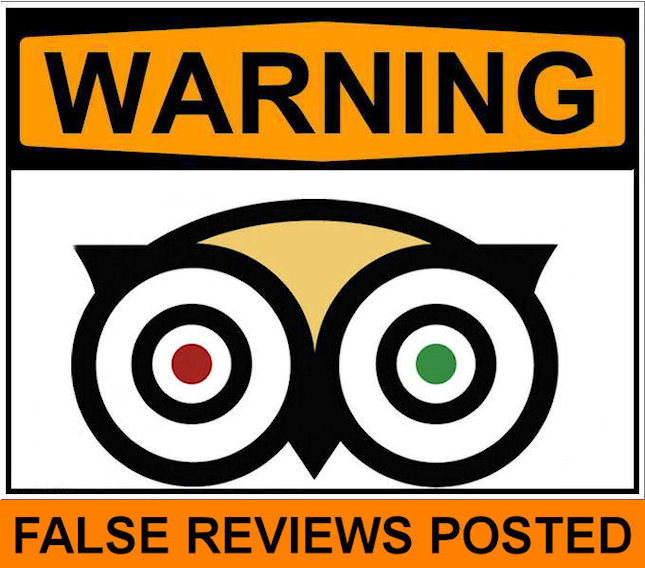Recently, some of the short films I've created for Sitka Gear have come under scrutiny from a handful of viewers. They've commented on my 'poor' choice of music (they'd prefer something more traditional/country), editing style, lack of kill shots, and a lack of 'grip and grin' shots. In an industry that severely needs a face lift, I've been bringing something new to the table, yet, some criticized me for it. I am confused...

Today I read one of Seth Godin's blogs titled, 'Is everyone entitled to their opinion' which hits upon the criticism I am facing and why I shouldn't pay any attention to it. Below is the blog:
Is everyone entitled to their opinion?
Perhaps, but that doesn't mean we need to pay the slightest bit of attention.
There are two things that disqualify someone from being listened to:
1. Lack of Standing. If you are not a customer, a stakeholder or someone with significant leverage in spreading the word, we will ignore you. And we should.
When you walk up to an artist and tell her you don't like her painting style, you should probably be ignored. If you've never purchased expensive original art, don't own a gallery and don't write an influential column in ArtNews, then by all means, you must be ignored.
If you're working in Accounts Payable and you hate the company's new logo, the people who created it should and must ignore your opinion. It just doesn't matter to anyone but you.
I'm being deliberately harsh here for a reason. If we're going to do great work, it means that some people aren't going to like it. And if the people who don't like it don't have an impact on what happens to the work after it's complete, the only recourse of someone doing great work is to ignore their opinion.
2. No Credibility. An opinion needs to be based on experience and expertise. I know you don't like cilantro, but whether or not you like it is not extensible to the population at large. On the other hand, if you have a track record of matching the taste sensibility of my target market, then I very much want to hear what you think.
People with a history of bad judgment, people who are quick to jump to conclusions or believe in unicorns or who have limited experience in the market--these people are entitled to opinions, but it's not clear that the creator of the work needs to hear them. They've disqualified themselves because the method they use for forming opinions about how the market will respond is suspect. The scientific method works, and if you're willing to suspend it at will and just go with your angry gut, we don't need to hear from you.
If these two standards sound like precisely the opposite of what gets you on talk radio or active in anonymous chat rooms, you're right. Running your business or your campaign or your non-profit or your sports team based on what you hear on talk radio is nuts.
http://sethgodin.typepad.com

